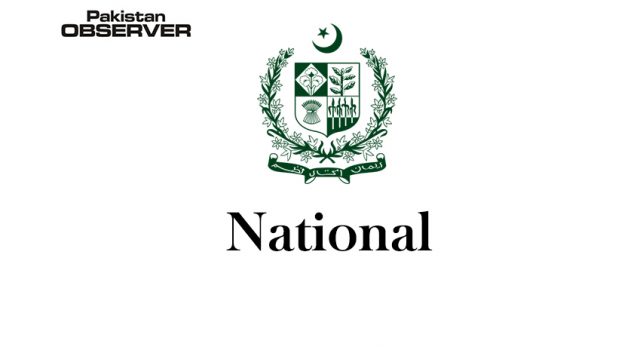Staff Reporter
Karachi
The Coalition to Eradicate Viral Hepatitis in Asia Pacific (CEVHAP) is supporting and participating in the National Conference on Eliminating Vial Hepatitis in Pakistan on the World Hepatitis Day, and has urged Asia to remain committed to investing in eliminating this global health threat.
The National Conference on Eliminating Viral Hepatitis in Pakistan is being hosted by the CEVHAP Co-Chair Prof. Saeed Hamid, Department Chair of Medicine at Aga Khan University, on 27-28 July in Islamabad. CEVHAP commends the Pakistani government for its leadership and commitment to people with viral hepatitis, and contribution to meeting the World Health Organization (WHO) goal to eliminate hepatitis by 2030.
Pakistan bears the second-highest burden globally of hepatitis C with 10 million cases. The Conference, led by the Pakistani Federal Ministry of National Health Services and Regulation, WHO and Aga Khan University, showcases the effort of the local government and academia to enable an environment that prioritizes the treatment of viral hepatitis and improve access to drugs. Topics discussed by renowned officials and experts included the status of hepatitis elimination, case studies of successful campaigns, and prevention and care programmes.
Prof. Hamid highlighted that reinforced political and financial commitments for hepatitis responses in Asia can encourage people to seek prevention, testing and treatment. ‘Asia owns a vast share of hepatitis infections, with one person dying in Asia as a result of viral hepatitis every 30 seconds. Not only the affected patients and their families, but also the communities and healthcare systems are left with a tremendous burden. Recent findings show that out of 230 million Asians infected, fewer than 13% are diagnosed and only 2.3% of them receive treatment. Asia Pacific as a region is responsible for narrowing this gap and improve the diagnosis rate and treatment provision,’ said Prof. Hamid.
As an expert panel at the Conference, Dr. Jack Wallace of CEVHAP and the Burnet Institute addressed stigma of viral hepatitis as a critical barrier for proper diagnosis and treatment of the disease, as well as enhancing the quality of life for patients. ‘It takes a joint effort across governments, health authorities and societies to decrease the stigma of and discrimination against viral hepatitis. People living with hepatitis B and hepatitis C in Asia account for over 60% and 50% of global infections, respectively, and are in desperate need of proper care, treatment, and assurance of employment stability.’









